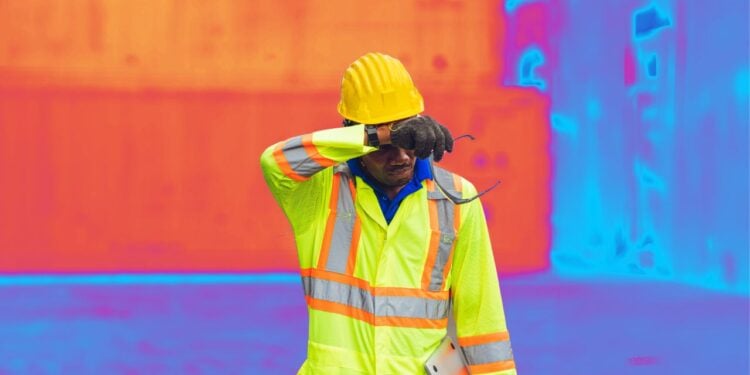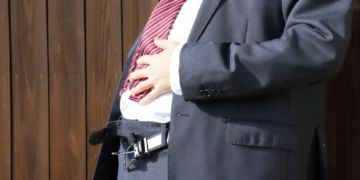The Biden administration proposed a federal rule designed to protect around 36 million U.S. workers from heat-related injuries.
The proposal seeks to address rising global temperatures and establish the first-ever major federal safety standards for excessive heat in workplaces. It would generally impose requirements when workers are or are expected to be exposed to a heat index of 80°F (27°C) or higher.
“The proposed rule would require employers to develop an injury and illness prevention plan to control heat hazards in workplaces affected by excessive heat,” according to the U.S. Department of Labor. “Among other things, the plan would require employers to evaluate heat risks and — when heat increases risks to workers — implement requirements for drinking water, rest breaks and control of indoor heat. It would also require a plan to protect new or returning workers unaccustomed to working in high heat conditions.”
Employers would also be required to provide training for employees and supervisors on recognizing the symptoms of heat-related conditions — and how to take immediate action to help a worker.
NBC News reports this initiative by the Labor Department has been in the works since 2021, with the Occupational Safety and Health Administration (OSHA) holding meetings to better understand how these measures would affect small businesses.
The proposed federal safety standards are expected to override existing state-level measures and increase penalties for heat-related work violations, which would also compel states with current heat exposure protocols to adopt regulations that are at least as stringent as the federal guidelines.
If finalized, states like California, Colorado, Oregon, Minnesota, and Washington, which already have heat exposure standards, will need to adjust their regulations to meet the new federal rule. Conversely, states like Florida and Texas, which have opposed local government-imposed heat protections, will be required to comply with this national standard.
The proposal, however, has its critics.
Industry groups, including chambers of commerce and other business associations, have voiced concerns about the feasibility of a uniform mandate across diverse industries. Additionally, Bloomberg reports that it’s uncertain whether the initiative would continue to advance if Donald Trump, the presumptive Republican presidential nominee, wins a second term.















